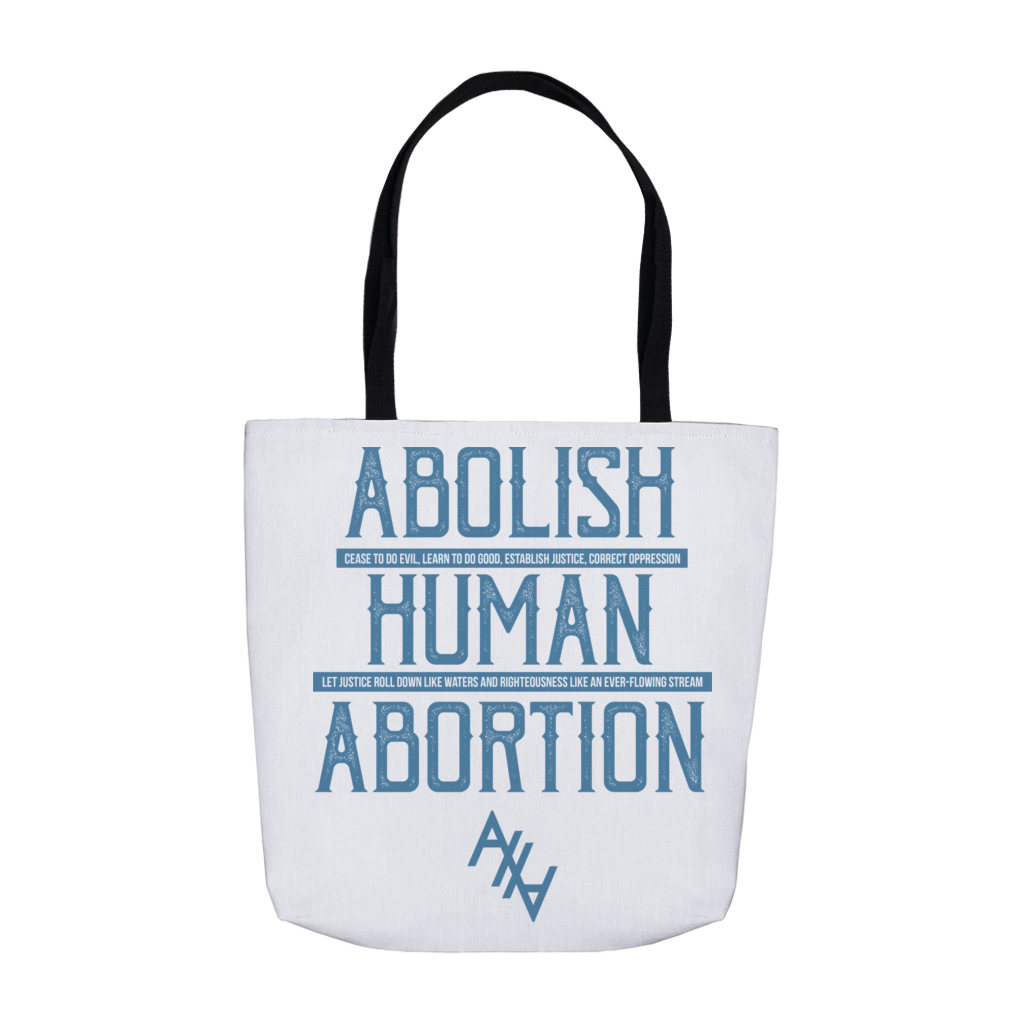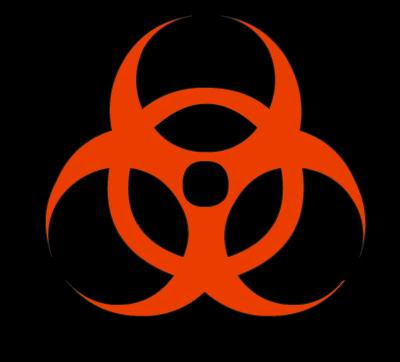

The abortion industry, which disproportionately impacts vulnerable demographics (Black women, for example, abort at four times the rate of white women), is the target of pro-lifers’ ire. “These women need care, compassion, and support, not punishment.” “Many women who have abortions are pressured to abort by abusive partners, by family members, or through dire economic circumstances,” said Chelsey Youman, senior legislative director for the Human Coalition, a national pro-life organization. Some abolitionists also reject humane exceptions, like abortion permitted to save the mother’s life. Abolitionists, however, are more likely to see them as perpetrators, along with the abortionists who perform the procedures.

Most pro-life Christians also want to address the societal factors that lead to abortion and care for women as the “second victims” when they choose to abort. She noted that abolitionists seek laws that would “cause society to backtrack because they will easily turn into injunctions … and go to the Supreme Court.” (Already, abortion bans in several states have been temporarily blocked by lawsuits.)
#Abolish human abortion am i not human graphic full
“We believe that if full abolition of abortion is possible, then ‘incrementalist’ and ‘abolition’ mean the exact same thing,” said Emily Albrecht, a speaker with the Equal Rights Institute (ERI). Wade, others wanted to see more restrictive but legally risky “heartbeat bans” move forward on principle, and an abolitionist minority considered more “incrementalist” moves-anything short of an outright ban-as immoral compromise. Before this year’s Dobbs decision, some pro-lifers pushed to prioritize the kinds of state bans not at risk of being shot down by the Court under Roe v. The pro-life movement has long contained differing strategies and approaches to the common goal of ending abortion. As a whole, many pro-lifers (not just abolitionists) view abortion as parallel to slavery, in that it treats a particular kind of human being as less than human and undeserving of human rights. The move to entirely abolish abortion, rather than cut back or adjust laws to restrict the procedure, is inspired by slavery abolitionists like William Wilberforce, who was monumental in ending Britain’s participation in the slave trade in 1807. This year’s proposal was not brought for a vote, though several pastors criticized the SBC’s Ethics and Religious Liberty (ERLC) Commission’s campaign to make abortion not just illegal but “unthinkable.” In 2021, they proposed a rigid resolution for “immediate abolition of abortion without exception or compromise.” It passed only when amended to allow for an “incremental approach,” the opposite of what they wanted. For two years in a row, abolitionists like Ascol spoke up at the SBC’s annual meeting to push the denomination to take an abolitionist stance. And that’s true from the moment of conception until the natural ending of life.”Īscol is also a pastor who ran for president of the Southern Baptist Convention (SBC) in June. “God defines what’s sin: You shall not murder. “The very foundation of the gospel is the law of God,” said Tom Ascol, the president of Founders Ministries, in a recent documentary from abolitionist group End Abortion Now. This vocal minority rejects incremental steps toward outlawing abortion and reserves strong criticism for those who accept anything other than a federal ban equipped with criminal penalties for all involved. Wade has brought new attention to a small but growing group of pro-life Christians who identify as “abortion abolitionists.”


 0 kommentar(er)
0 kommentar(er)
